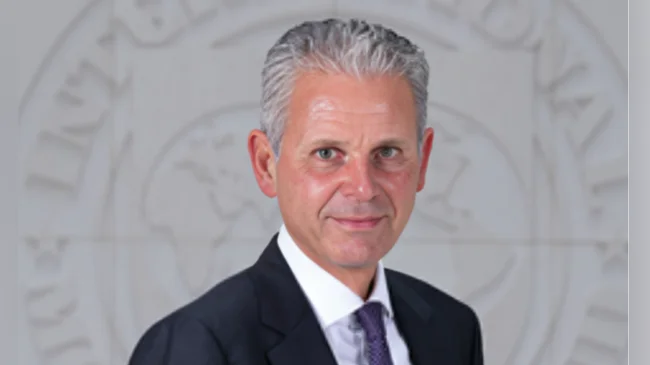The International Monetary Fund (IMF) Executive Board has completed the first review of Pakistan's economic reform program under the Extended Fund Facility (EFF). This decision allows for an immediate disbursement of approximately $1 billion, bringing total disbursements to about $2.1 billion. Additionally, the IMF approved Pakistan's request for an arrangement under the Resilience and Sustainability Facility (RSF), providing access to around $1.4 billion.
Pakistan's 37-month EFF, approved on September 25, 2024, aims to enhance resilience and promote sustainable growth. The program focuses on macroeconomic sustainability through sound policies, strengthening competition, reforming state-owned enterprises (SOEs), improving public services and energy sector viability, and building climate resilience.
Progress has been noted in stabilizing Pakistan's economy amid global challenges. Fiscal performance showed a primary surplus of 2% of GDP in the first half of FY25. Inflation dropped to a historic low of 0.3% in April, allowing the State Bank of Pakistan to reduce the policy rate by 1100 basis points since June 2025. Gross reserves increased from $9.4 billion in August 2024 to $10.3 billion at end-April and are projected to reach $13.9 billion by end-June 2025.
The RSF will aid efforts to reduce vulnerabilities to natural disasters and build economic resilience. It prioritizes disaster resilience, efficient water resource use, coordination between government levels for disaster response and financing, improved information on climate-related risks by banks and corporates, and supports mitigation commitments.
Nigel Clarke, Deputy Managing Director and Chair of the IMF Executive Board stated: "Pakistan has made important progress in restoring macroeconomic stability despite a challenging environment." He emphasized maintaining sound policies and accelerating reforms for sustainable growth led by the private sector.
Clarke highlighted key fiscal reforms such as the Agricultural Income Tax as crucial for rebuilding credibility in policymaking. He also noted that timely power tariff adjustments have reduced circular debt while cost-side reforms need acceleration for energy sector viability.
The State Bank of Pakistan's tight monetary policy was credited with reducing inflation significantly. Clarke stressed that monetary policy should remain tight and data-dependent while promoting a flexible exchange rate for external adjustment.
Clarke also pointed out that structural reforms are essential for enhancing competitiveness and attracting investment. Reducing trade barriers, advancing SOE reforms, strengthening governance, anti-corruption institutions, and reducing vulnerability to extreme weather events were identified as priorities.
The report includes projections on various economic indicators such as GDP growth rates, unemployment rates, consumer prices changes, government finances including revenue-expenditure balance percentages relative to GDP over FY2023-FY2026 period among others.

